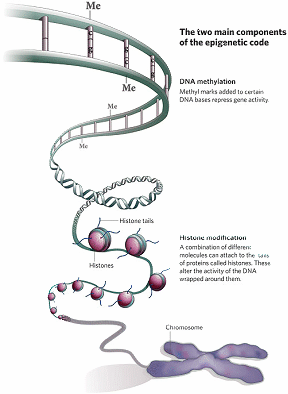Physical activity and mental well-being
Charmaine Gauci
There is increasing research into the relationship between physical activity and mental health.
Evidence shows that for adults at least 30 minutes of moderate intensity physical activity on most days of the week can improve mood and decrease anxiety and stress and improved self-perception. Physical activity is also thought to have a role in preventing serious mental illness such as depression.
One definition of mental health is that it is ‘a positive sense of wellbeing and of being able to cope with the pressures of life.’ Most of us experience changes in our moods from time to time and can have periods where we feel down or situations that make us anxious or stressed. The effects of regular physical activity on mood have mainly been studied using aerobic exercise, but evidence indicates that anaerobic physical activity, such as body building or flexibility training, can also reduce depressive symptoms. In contrast, in literature no consensus exists with respect to anxiety symptoms, with some studies showing that anaerobic activity is as effective as aerobic exercise, while others do not.
Physical activity also has beneficial effects for the prevention and treatment of different diseases, and evidence indicates that this assertion is probably true for psychiatric diseases such as depressive and anxiety disorders. Nevertheless one needs to remember that physical activity can also be harmful, especially when performed in an inappropriate or in a very intense manner. Some conditions which have been reported have been termed as “excessive exercise” and “overtraining syndrome”. These may actually cause deterioration in mood conditions. Results of meta-analysis suggest that moderate regular exercise should be considered as a viable means of treating depression and anxiety and improving mental well-being in the general public. Exercise has also been shown to improve aspects of mental functioning such as planning, short-term memory and decision making.
Physical activity has psychological benefits too. It can:
– improve self-esteem
– give a sense of control on life
– promote a sense of positive achievement
– help with weight management
– provide opportunities for socialising and making new friends.
At least 30 minutes of moderate intensity physical activity on most days of the week is the recommended amount for adults. The World Health Organisation states that this amount does not have to be done all at once. Activity can be built up throughout the day. For example, three short sessions of brisk walking for ten minutes provide equal benefits.
Several differing psychological and physiological mechanisms have been proposed to explain the effect of physical activity on mental health disorders and mental well-being. Physical activity has been shown to be related to release of ACTH and β-endorphin into the blood stream. This may be related to the pleasant ‘feel good’ factor often felt after being active.
There is a huge range of things a person can do including:
• walking
• jogging
• swimming
• tennis
• dancing
• yoga
• aerobics
• weight training
• playing team sports such as soccer, netball, badminton and touch football.
Day-to-day activities such as household chores, walking the dog, playing with the kids and taking the stairs at work instead of the lift are also good for your health. Any activity that gets a person moving physically, improves strength or extends the range of movement is likely to increase the ‘feel good’ factor.
Health care professionals are key to promoting physical activity. A controlled trial has shown that a prescription for physical activity from a general practitioner, supplemented by additional written support materials, can lead to modest short-term improvements in self-reported physical activity levels among inactive patients. Hence we encourage all health professionals to promote physical activity for their patients in order to improve their health and well-being.
Support material is available from the directorate. Call on 23266000 or email health.pro@gov.mt



